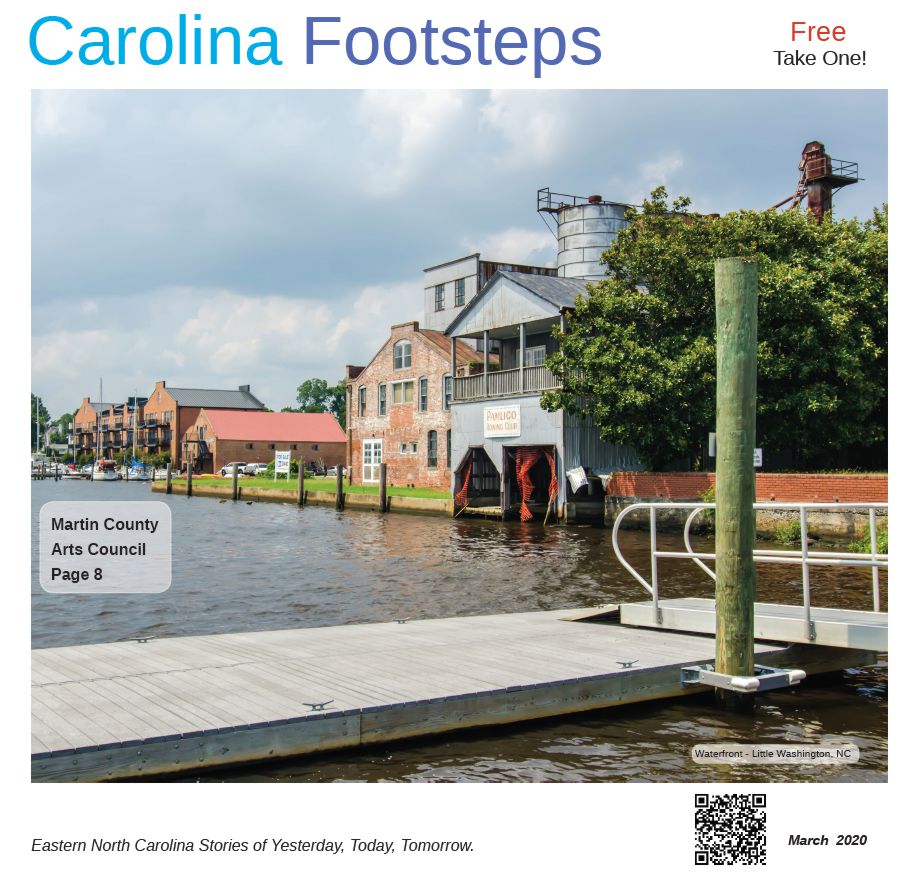It’s the day after Thanksgiving and many
people are beginning their preparations for Christmas or another
holiday celebration. Many people, myself included, will begin
shopping for gifts for their loved ones.
Many
of my past articles have stressed the importance of estate planning.
Yes, estate planning - whether it’s just writing a will or
incorporating additional legal documents such as a health care power
of attorney or durable power of attorney - is a wonderful gift to
your family and loved ones. So with that being said, I want to
provide you with some additional ideas for holiday gifts.
Cash.
Yes, cash is still king – one size fits all. Any individual
(called a “donor”) may make annual gifts of up to $14,000 to any
number of people (called “donees”) each year, free of any gift
taxes (called “annual exclusion gifts”). If the individual is
married, the married couple can combine their separate $14,000 annual
exclusion gifts to make gifts of up to $28,000 by either using their
separate funds to make the gifts or by using one spouse’s funds and
consenting to treat the gifts as made one-half by each spouse.
Stock.
Giving stock is a great way to get young people interested in
investing. However, if the individual is under the age of 18, you
will need a custodial account. As mentioned above, gifts of stock
may also qualify as annual exclusion gifts. All the income and
appreciation on the gifted property belong to the donee after the
date of the gift.
Land.
Keeping family land in the family is important. Many parents have
decided to give a lot or piece of farmland to a child or grandchild.
This gift may be an outright gift which allows the individual to
borrow against the land and build a home or purchase a mobile home
and place it on the lot. It’s important for the parent to
remember: when you give the gift of land, you no longer have control
over it. If the child’s lot is located next to yours and they miss
a loan payment and the property is foreclosed upon, you may have new
neighbors. Sometimes parents give land to a child and retain a life
estate in the land. This is not a completed gift. The property will
be included in the parents’ estate at his or her death and the
child doesn’t have full ownership interest in the property until
both parents die.
Forgiveness.
In my law practice of estate administration (the legal process of
settling an individual’s estate after he or she has died – either
with or without a will), I have seen many hurt and dysfunctional
people. Why? Because of unresolved conflicts and miscommunication.
When you are not here, there will be no one to answer the unanswered
questions or resolve the conflicts and miscommunication. Sometimes I
have recommended that a client write a letter of explanation or
forgiveness to include with their estate planning documents. If you
are distributing your estate in an unusual or unequal manner among
your children, why not leave a letter explaining this distribution
scheme? If you are omitting a child altogether, leave an explanation
so no one is left to wonder why you did it. This may save your
executor/administrator much time and expense and even avoid costly
litigation.
Time.
Remember the gift of your time. It’s the most precious gift you
could give.
Whatever the gift, giving during your
lifetime will bring you joy and satisfaction. You can also see how
the individual uses or manages the gift. Your attorney will assist
you and advise you in drawing up the documents to carry out your
desires. You can leave a positive legacy.
Tax consequences of gifts are beyond the
scope of this article so be sure to consult your tax adviser.
'Tis the Season -- By: Stella Knight
 Reviewed by kensunm
on
7:00:00 PM
Rating:
Reviewed by kensunm
on
7:00:00 PM
Rating:
 Reviewed by kensunm
on
7:00:00 PM
Rating:
Reviewed by kensunm
on
7:00:00 PM
Rating:







No comments: